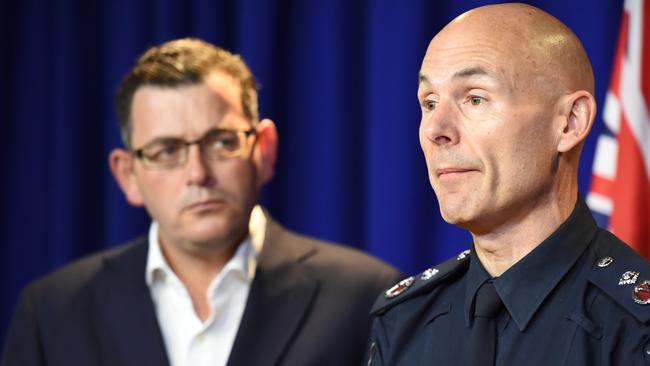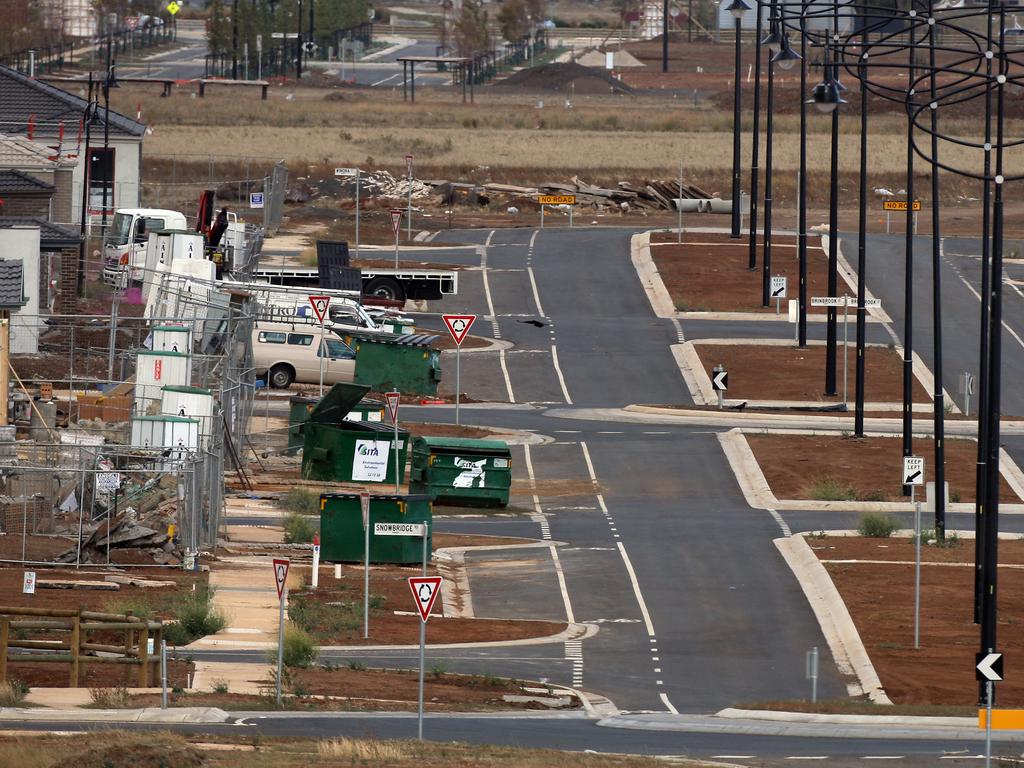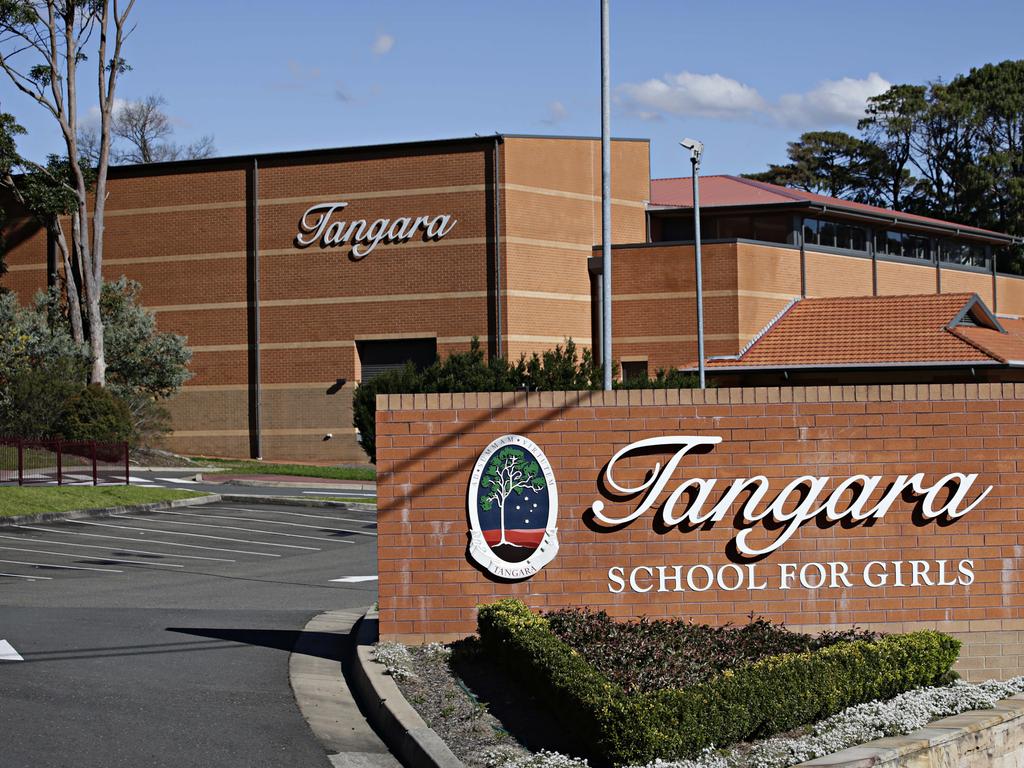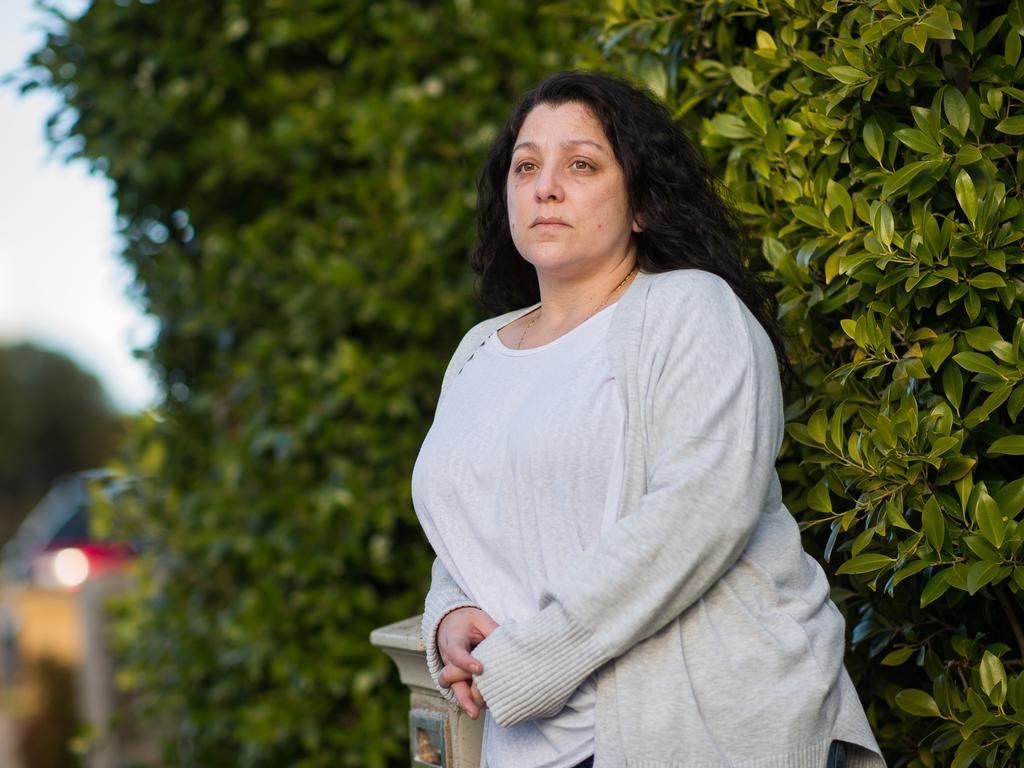Coronavirus Victoria: ADF ‘high priority one day’, dismissed the next
Victoria withdrew a request for defence personnel to help in hotel quarantine less than 16 hours after having asked for help.

The Andrews government abruptly withdrew an emergency request for defence personnel to help take control of its hotel quarantine disaster in June less than 16 hours after having lodged an official appeal for help.
The Australian understands Victorian Commissioner for Emergency Management Andrew Crisp sent an email to federal government officials at 12.31pm on June 25 cancelling a “high priority” request for 850 defence personnel that he had made at 8.38pm the previous night.
Having first claimed the Victorian government had run out of resources to maintain the security of the mandatory hotel lockdown, Mr Crisp told the federal government it no longer needed them.
An email he sent to federal government officials at Emergency Management Australia, the text of which has been obtained by The Australian, confirms the cancellation of the request on the basis that its “operational” requirements had suddenly changed.
“Good afternoon all, based on changing operational and resourcing requirements I am writing to advise you that Victoria no longer wishes to progress RFA 15, the request for up to 850 resources to support our hotel quarantine operation (Op Soteria),” the text of the email read.
“Thank you for your efforts in progressing this request and as always, we sincerely appreciate the support of EMA and the ADF.”
Premier Daniel Andrews had announced that “private security’’ would be involved in enforcing compliance at the hotels on March 27, the day before the bungled hotel quarantine program started.
In a press conference that day, Mr Andrews said 5000 hotel rooms had been placed on standby by the government, which was expecting 1300-2000 travellers to return to Melbourne each day.
“Police, private security, all of our health team, will be able to monitor compliance in a much easier way, in a static location,” he told the press conference.

Mr Andrews’s reference at the 3pm press conference to the use of “private security” is of particular interest, as it was made minutes before a critical emergency management meeting chaired by Mr Crisp which thrashed out the operating model for the hotel scheme.
Department of Jobs, Precincts and Regions secretary Simon Phemister told a parliamentary committee hearing on Wednesday that the decision to use security guards in hotel quarantine was made at that “very pivotal meeting”, which began at 4.30pm.
The meeting was attended by multiple agencies, but it is understood no Andrews government minister or staff members were present. The Australian put a series of questions to Mr Crisp and Emergency Management Victoria on Thursday, regarding Mr Crisp’s June email to Defence seeking assistance for the government’s program, asking what changed in the less than 18 hours between him issuing the request and rescinding it.
The email raises questions as to why the request had been withdrawn so quickly, and who in the Andrews government ordered it to be rescinded, after the original “high priority” request, made as the EMV had depleted its own resources.
Mr Crisp’s rapid about-face set off a string of exchanges between military chiefs and federal government officials to confirm that the request had in fact been cancelled and who had authorised it.
The Australian understands that, less than 25 minutes after the June 24 request had been sent, Emergency Management Australia advised Emergency Management Victoria that Defence had accepted the request.
At 12.49pm the next day, EMA advised the military strategic commitments division of the ADF that it had been cancelled.
The Defence COVID taskforce is believed to have then sought clarification on who had authorised the cancellation.
It is understood it was quickly passed up the chain of command to the Chief of the Defence Force and the Department of Prime Minister and Cabinet to confirm the cancellation and clarify whether a further standing request for 200 medical personnel, already being prepared for deployment, was still required.
Mr Crisp’s detailed, two-page June 24 request seeking assistance had highlighted the “high priority” need to address a “lack of access to skilled resources to undertake specific functions”, as well as noting that Australian Defence Force personnel had been “uniquely suited” to hotel quarantine roles in other states.
This contrasts sharply with the Andrews government’s repeated claims that ADF personnel were only involved in transport logistics roles in other states’ hotel quarantine programs.
In the June 24 request, Mr Crisp said Victoria’s State Control Centre was “seeking the support to ensure the emergency response to (the) COVID-19 pandemic remains effective with the increase in positive cases identified within the state.
“Since mandatory hotel quarantine for overseas travellers entering Australia in March 2020, Victoria has managed approximately 18,500 individuals,” Mr Crisp said. “With the continued need to maintain the mandatory quarantine, it has been identified that there is the lack of access to skilled resources to undertake specific functions.
“This request is to seek personnel augmentation and assistance for (the) Victorian Department of Health and Human Services in the mandatory quarantine of individuals who have returned from overseas (Operation Soteria).”
By June 24, cases of COVID-19 in hotel quarantine security guards and their close contacts had reached 17 at the Rydges on Swanston hotel, and 12 at the Stamford Plaza. The Stamford Plaza outbreak would go on to total 43 cases, with the breaches at those hotels genomically linked to “at least a significant proportion”, if not all, of Victoria’s deadly second wave of cases.
In a section of the request entitled “own resources”, Mr Crisp went on to detail that Emergency Management Victoria had “exhausted internal or contract sources across emergency agencies to fulfil these roles.” He said the defence roles were to start on June 26 and end on July 31.
“Due to the scale and complexity of the crisis, this is a high priority request, to ensure the stability in the established systems and process are continued. The personnel would be required to operate from Melbourne metropolitan hotels that are being used for mandatory quarantine.
“The request is for up to 850 personnel to provide compliance and monitoring support to (DHHS) at the designated hotels being used for mandatory quarantine.’’ The request included Mr Crisp’s executive officer Susan Fayers as a primary point of contact, as well as his contact details and signature.
Mr Andrews refused to say on Thursday whether Mr Crisp was acting under his instructions when he rescinded the request.
More Coverage







To join the conversation, please log in. Don't have an account? Register
Join the conversation, you are commenting as Logout